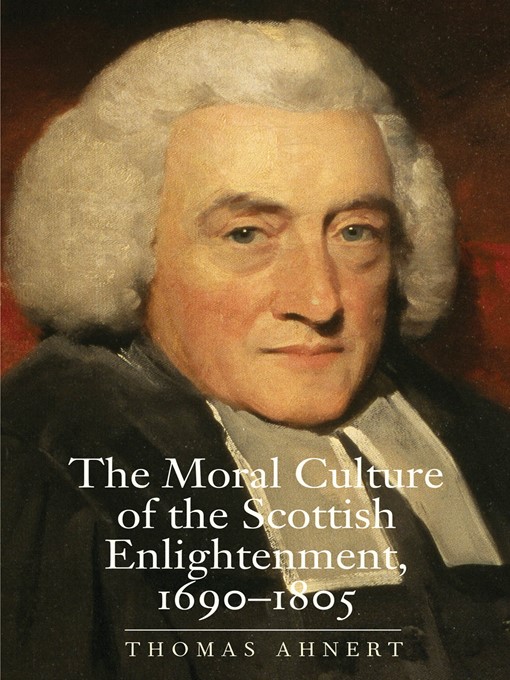In the European Enlightenments it was often argued that moral conduct rather than adherence to certain theological doctrines was the true measure of religious belief. Thomas Ahnert argues that this characteristically "enlightened" emphasis on conduct in religion was less reliant on arguments from reason alone than is commonly believed. In fact, the champions of the Scottish Enlightenment were deeply skeptical of the power of unassisted natural reason in achieving "enlightened" virtue and piety. They advocated a practical program of "moral culture," in which revealed religion was of central importance. Ahnert traces this to theological controversies going back as far as the Reformation concerning the key question of early modern theology, the conditions of salvation. His findings present a new point of departure for all scholars interested in the intersection of religion and Enlightenment.
- Available now
- New eBook additions
- New kids additions
- New teen additions
- Most popular
- Try something different
- Manga to Read (or Re-Read)
- Elections, Coups, & Sociopolitical Upheaval
- Celebrating Indigenous Peoples
- Manga
- See all
- Available now
- New audiobook additions
- New kids additions
- New teen additions
- Most popular
- Try something different
- See all

